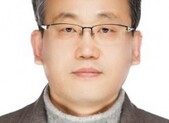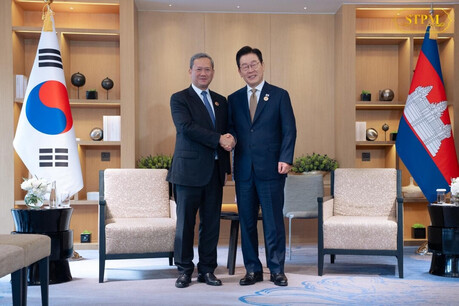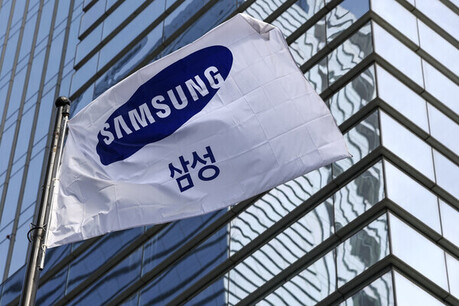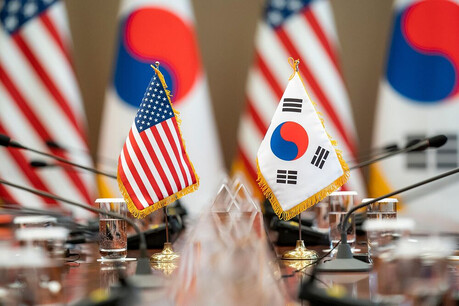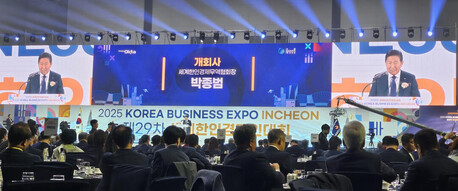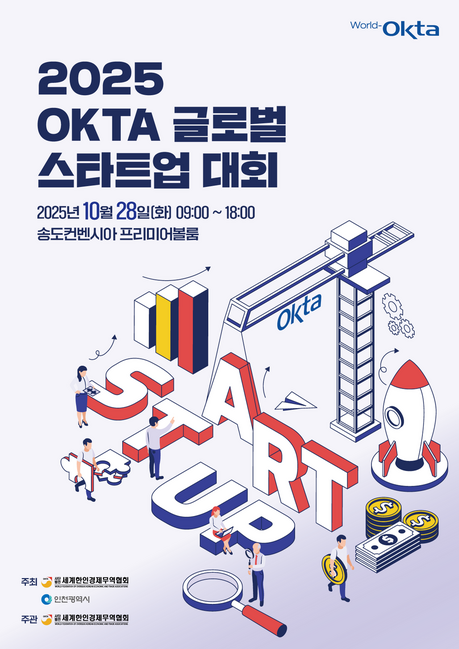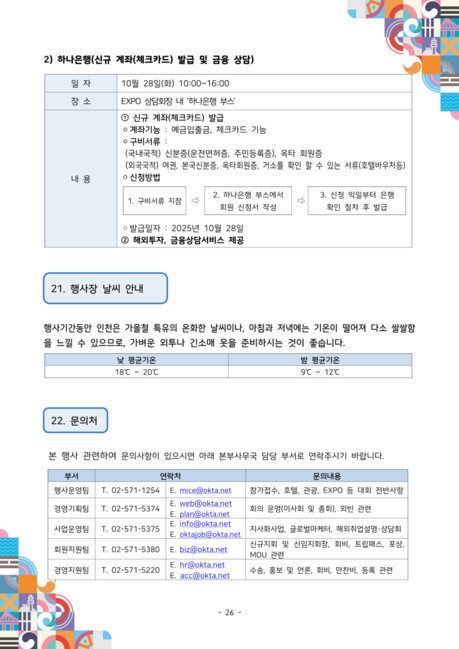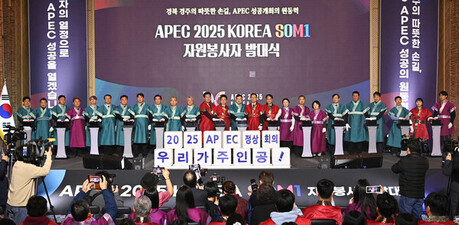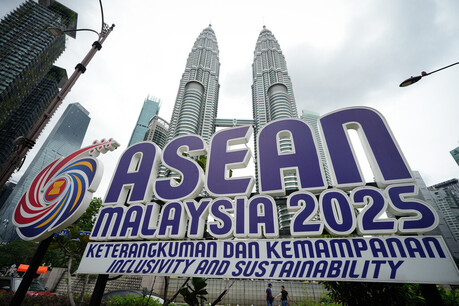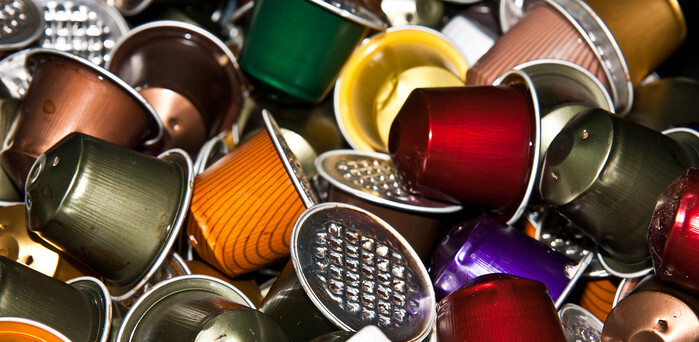
Seoul, South Korea – In a concerted effort marking Earth Day, the South Korean government and private sector have joined forces to expand the resource circulation system for aluminum coffee capsules. The Ministry of Environment, the Korea Post under the Ministry of Science and ICT, and Nespresso Korea signed a collaborative agreement on April 22nd, titled the ‘Postal Service-Based Capsule Collection Agreement,’ signaling the full-scale commencement of establishing a nationwide recycling collection network.
The crux of this agreement lies in enabling consumers to conveniently dispose of and recycle their used Nespresso coffee capsules through the nation’s extensive network of over 3,300 post office counters, commencing on May 9th. This development, following Dongsuh Foods’ ‘Kanu Barista’s’ participation last year, signifies a pivotal evolution of the aluminum coffee capsule collection system from a brand-specific initiative to a nationwide circular economy platform underpinned by an existing robust infrastructure.
Consumers wishing to participate in the capsule recycling program can order ‘postal collection专用 envelopes’ online via the Nespresso official website starting from late April when placing coffee orders. Subsequently, used capsules placed in these dedicated envelopes can be submitted at any local post office. This new method significantly enhances accessibility and convenience compared to the previous collection system, which was limited to Nespresso’s offline boutiques.
Furthermore, the latter half of the year will witness the potential expansion of capsule collection channels through the ‘ECO Postbox,’ currently under pilot operation. The ECO Postbox is a specialized collection unit designed to resemble a regular mailbox, facilitating easy participation in waste resource collection within consumers’ daily routines. Korea Post’s plans for a nationwide rollout of these ECO Postboxes are expected to substantially boost the collection rate of aluminum coffee capsules.
Coffee capsules collected through the postal network will be transported to Nespresso’s recycling center, where the coffee grounds and aluminum are automatically separated. The separated aluminum will be recycled into new aluminum products, enhancing resource efficiency, while the coffee grounds will be processed into compost and other valuable materials for agricultural use. This process transforms single-use coffee capsules, previously considered mere waste, into ‘circulable high-value resources.’
Nespresso has been consistently operating its own coffee capsule recycling program since 2011, having collected a cumulative total of 2,248 tons of capsules by 2024, resulting in an estimated reduction of 1,810 tons of carbon emissions. The collaboration with Korea Post to establish a nationwide collection network is anticipated to further increase capsule collection rates and carbon reduction effects by enabling easier participation for a wider range of consumers.
A representative from Korea Post stated, “Post offices located throughout the country serve as crucial infrastructure in the lives of the people, and they can play a significant role as efficient collection hubs for aluminum coffee capsules and other recyclable waste. We will prioritize consumer convenience in establishing the collection system and will closely cooperate with relevant private companies.”
The Ministry of Environment views this agreement as a significant turning point in South Korea’s resource circulation policy, emphasizing its commitment to closely analyze the outcomes of the established collection system and continuously pursue institutional support and system improvements.
The government plans to gradually expand the postal-based collection system to include various other recyclable items such as used batteries and small electronic appliances, in addition to aluminum coffee capsules. This initiative is considered a crucial step towards realizing a ‘recycling society’ where waste generated in daily life is reborn as high-value resources, moving beyond simple environmental protection campaigns.
Now, a meaningful change has begun where consumers nationwide can become active participants in resource circulation by simply placing their used aluminum coffee capsules in postal collection envelopes and submitting them at their local post office. Simultaneously, related companies are positioned to fulfill their social responsibility in building a circular economy system. The potential for this government-private collaboration to lead to a more mature resource-circulating society remains a focal point of observation.
[Copyright (c) Global Economic Times. All Rights Reserved.]















